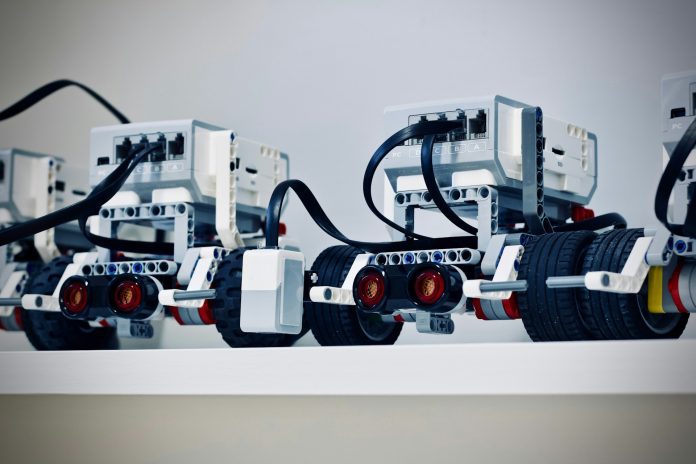Robotics is a field that has captured the imagination of people for decades, often portrayed in movies and books as futuristic machines with human-like capabilities. While the reality may not yet match the science fiction, the advancements in robotics over the past few decades have been nothing short of remarkable. From industrial robots that have revolutionized manufacturing processes to autonomous drones that can navigate complex environments, robots are increasingly becoming a part of our daily lives.
In this blog, we will explore the latest advancements in robotics and how they are changing our lives. We will look at the current state of robotics, the applications of robots in various industries, and the future trends that are shaping the field. Whether you are a robotics enthusiast or just curious about this rapidly evolving field, join us as we dive into the world of robots and their impact on our world.
Science and Facts
The field of robotics encompasses a wide range of technologies, including artificial intelligence, sensors, actuators, and materials science. These technologies work together to create robots that can perform tasks ranging from the mundane to the extraordinary. In recent years, advancements in AI have been particularly transformative, enabling robots to learn from their experiences and adapt to new situations.
One of the most significant areas of advancement in robotics has been in the field of healthcare. Robots are now being used to assist in surgeries, deliver medications, and provide companionship to patients. In manufacturing, robots have automated many tasks that were once done by humans. So, increasing efficiency and reducing the risk of injury.
As robots become more capable and autonomous, questions arise about their impact on society. Will robots take over jobs traditionally done by humans? How will they affect our daily lives? These are questions that researchers and policymakers are grappling with as they seek to ensure that the benefits of robotics are maximized while minimizing any potential negative impacts.
The Evolution of Robotics
Early Beginnings
- The history of robotics can be traced back to ancient times, with early examples of automated devices dating back to ancient Greece and China.
- The modern era of robotics began in the 20th century with the development of the first industrial robots for manufacturing.
Recent Advances
- In recent years, advancements in robotics have accelerated, driven by developments in AI, sensors, and materials science.
- Robots are now capable of performing a wide range of tasks, from simple repetitive actions to complex decision-making processes.
Applications of Robotics
Manufacturing
- Robots have revolutionized manufacturing, increasing efficiency, precision, and safety in factories.
- Industrial robots are used for tasks such as welding, painting, and assembly in industries ranging from automotive to electronics.
Healthcare
- Robots are increasingly being used in healthcare for tasks such as surgery, rehabilitation, and patient care.
- Surgical robots, for example, can assist surgeons in performing minimally invasive procedures with greater precision and control.
Education and Research
- Robots are being used in education to teach programming, engineering, and other STEM subjects.
- In research, robots are used to explore environments that are hazardous or inaccessible to humans, such as outer space or the deep sea.
The Future of Robotics
Artificial Intelligence
- AI is playing an increasingly important role in robotics, enabling robots to learn from their experiences and adapt to new situations.
- This has the potential to make robots more autonomous and capable of performing a wider range of tasks.
Human-Robot Interaction
- As robots become more integrated into society, there is a growing focus on how humans and robots can interact safely and effectively.
- Research in this area includes developing robots that can understand human emotions and respond appropriately.
Verdict
The field of robotics is advancing at a rapid pace, with robots becoming increasingly sophisticated and capable. From manufacturing and healthcare to education and research, robots are changing the way we live and work. So, offering new possibilities and opportunities for innovation. As we look to the future, the continued development of robotics promises to bring about further advancements. So, that will continue to transform our world.























